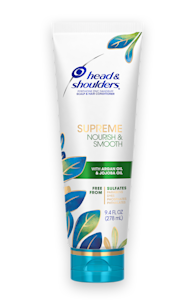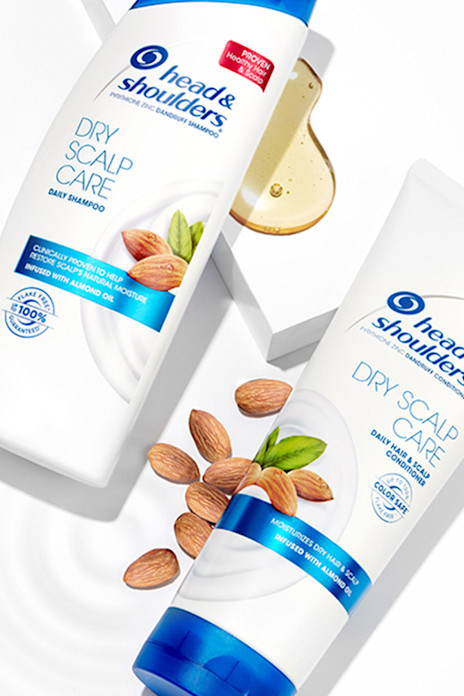WHAT IS THE BEST CONDITIONER FOR DRY HAIR?

Some people always tend towards naturally dry hair, but most of us will experience it at some point. When you get dry skin, it’s easy to know what to do – grab a pot of moisturizer – but with so many conditioners out there designed to target lots of different hair needs, how do you find the one that’s best for your dry hair?
What causes dry hair?
When your hair is feeling a little dry, it’s often related to the condition of its outer layer. Your hair is made up of several different layers, and the outermost one is called the “f-layer”. This waxy covering is your hair’s first line of defense against damage, and acts almost like a ‘waterproof coat’ for your hair.
Underneath the f-layer, the cuticle is made of tiny overlapping scales. It is also essential for protecting your hair fibers from damage and making them feel smooth.
Over time, chemical treatments and styling stress can strip away the f-layer. When that’s gone, the cuticle can be harmed. Its overlapping scales start to lift up instead of lying flat, and the edges chip off; sections of the cuticle may be entirely removed.
That’s why hair can feel dry and rough. But don’t worry, with the right conditioner you can help keep your cuticle in great shape, and keep your hair’s defenses high.
So how do you choose a conditioner to help keep your hair feeling healthy? We have a few things you should check for on the ingredients list.





